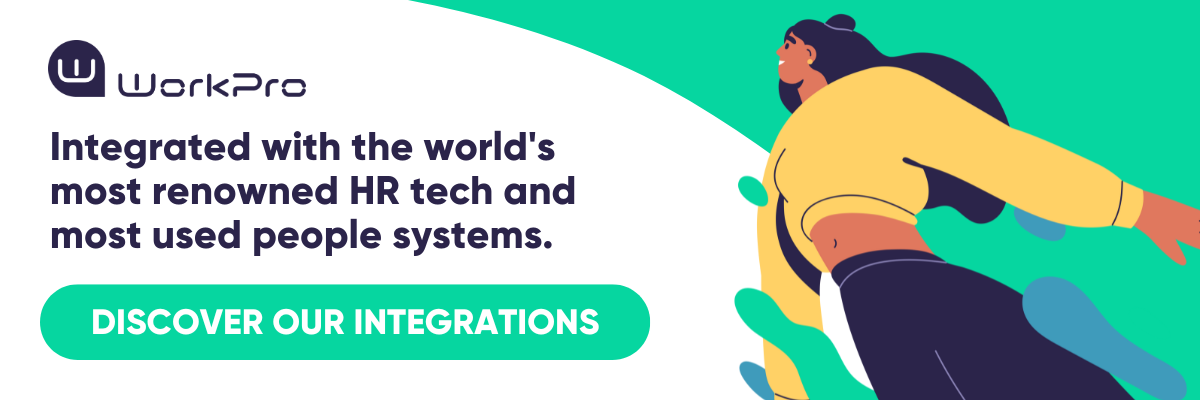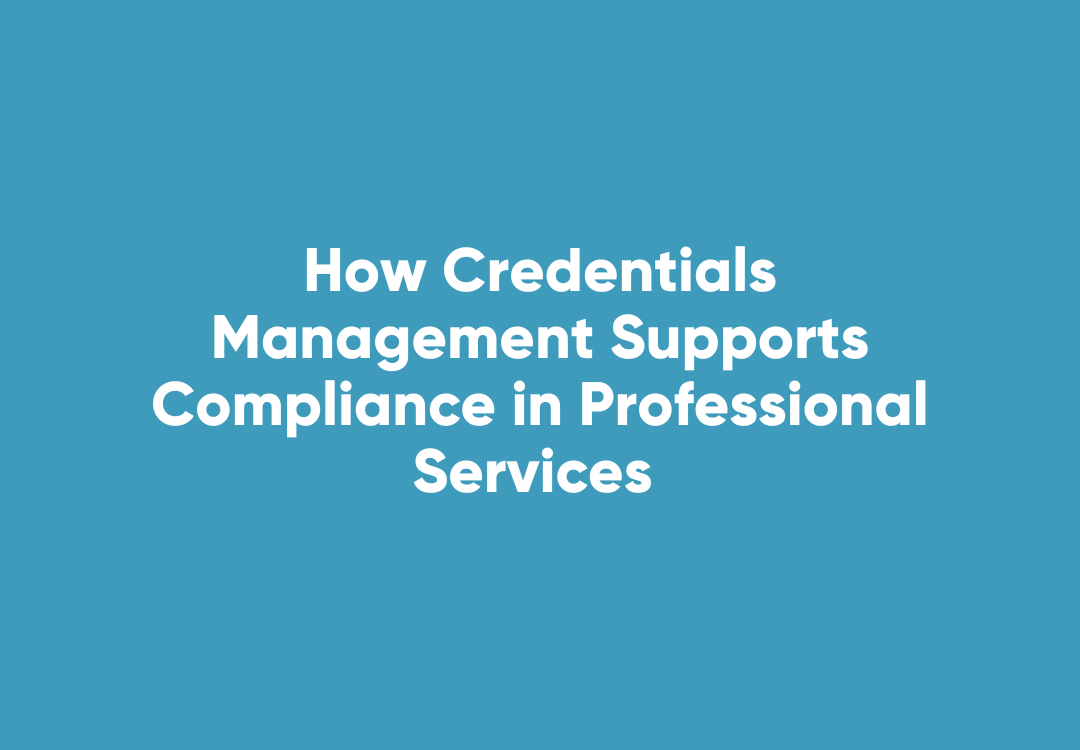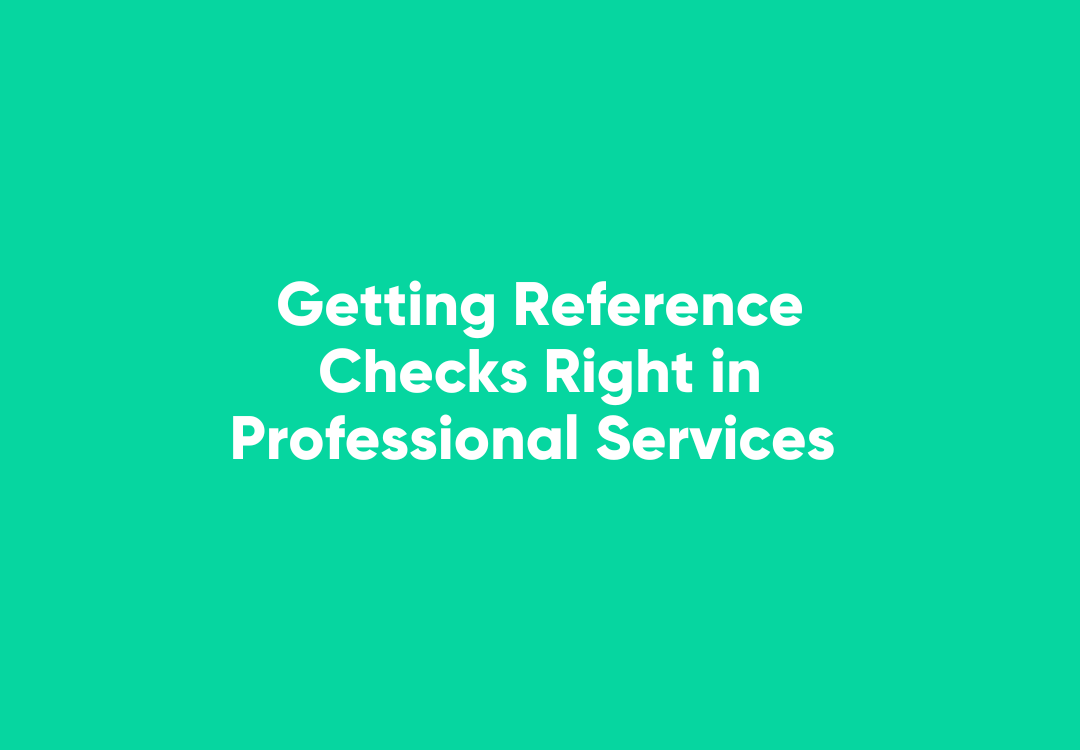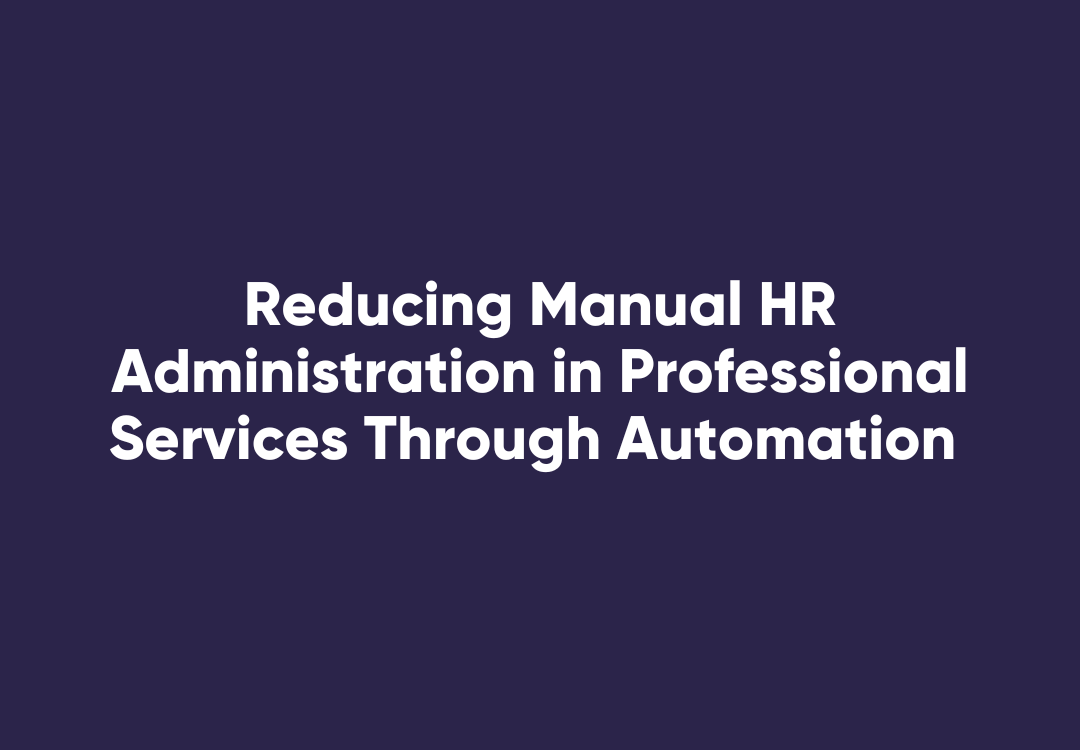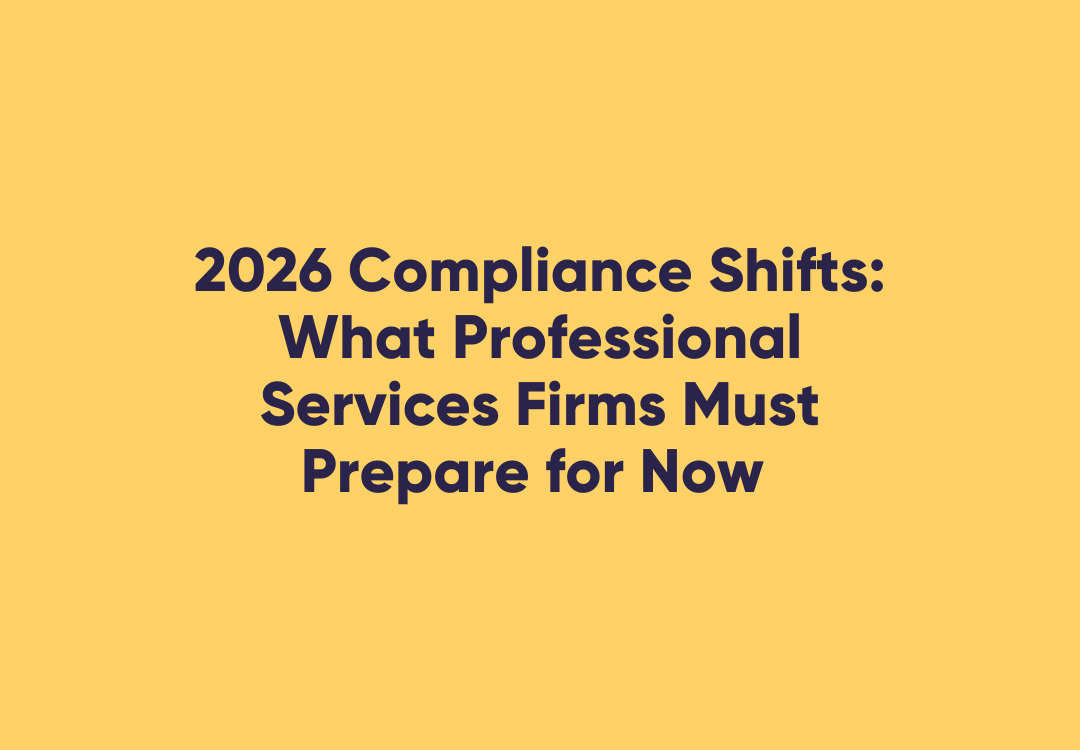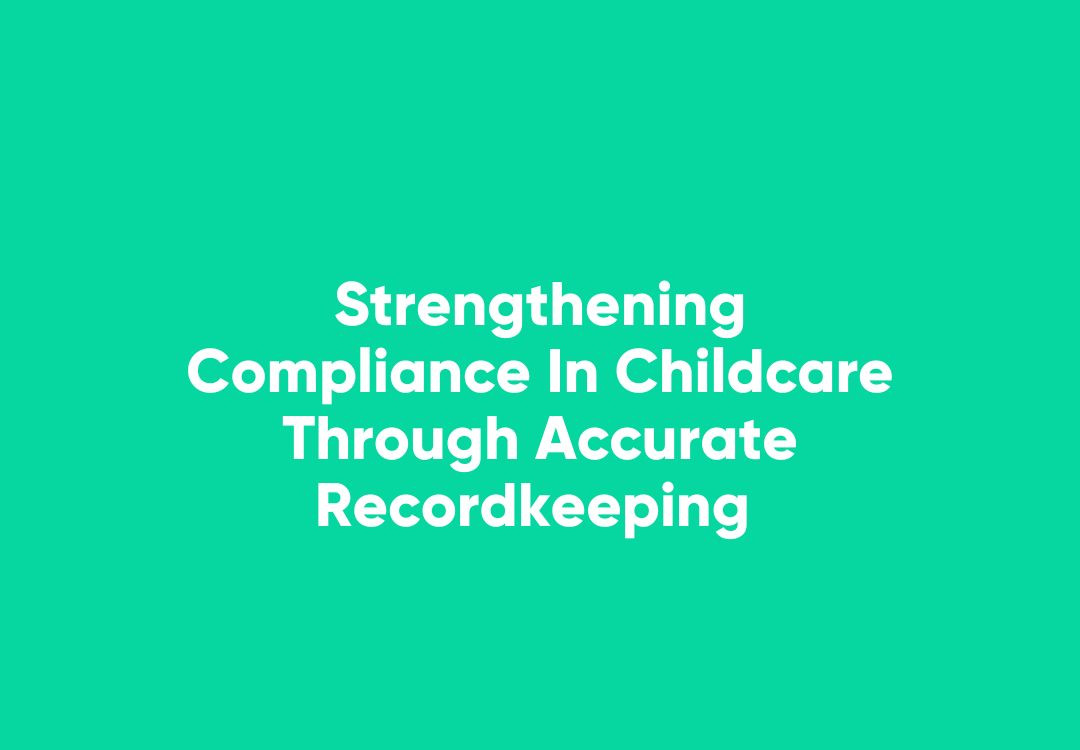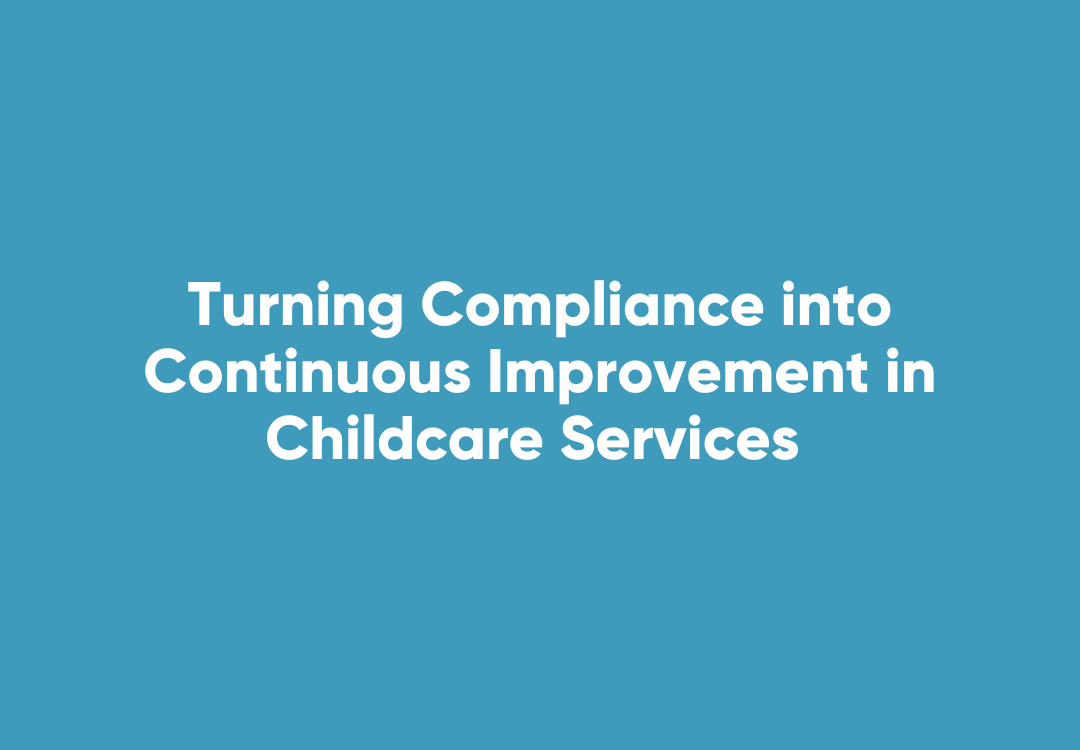Onboarding and the Fair Work Statement: What HR Must Know for FY25–26
Start FY25–26 With Onboarding That Holds Up to Scrutiny
As the new financial year gets underway, HR and recruitment professionals face a renewed obligation: ensuring every new employee receives the correct Fair Work Information Statement (FWIS) and, if applicable, the relevant supplementary statement. This legal requirement is not optional, and mishandling it can create immediate compliance risk.
Recent changes to the Fair Work Act have made this even more important. Different employment types now require distinct statements, and the Fair Work Ombudsman is actively auditing businesses to ensure this information is being issued and understood.
This blog outlines exactly what you need to do, why it matters, and how WorkPro can help you meet your obligations without overloading your team.
What is the Fair Work Information Statement?
The Fair Work Information Statement is a document that employers must give to all new employees when they start work. It outlines their rights under the National Employment Standards and ensures they understand key conditions of employment, including hours, leave, termination, and entitlements. Records must be kept to show these documents were provided correctly.
All new employees in Australia must receive this document when they start employment. It explains:
- Maximum weekly working hours
- Requests for flexible working arrangements
- Leave entitlements (annual, personal, parental)
- Termination and redundancy rights
- Award and agreement information
- The roles of the Fair Work Ombudsman and Fair Work Commission
There are also two additional versions for specific contract types:
- The Casual Employment Information Statement (CEIS) must be given to casual employees at commencement and during set points in their employment.
- The Fixed Term Contract Information Statement (FTCIS) is required for employees on fixed-term contracts and outlines important restrictions and entitlements.
Employers are required to provide the correct version and keep records of when and how it was delivered.
The Importance of Workforce Compliance
The implications of non-compliance go far beyond legal risk. Providing the correct information at the start of employment supports workforce stability, improves transparency, and reduces the chance of future disputes.
Workplace compliance is a key pillar of employee trust. If an organisation cannot demonstrate that it informed employees of their rights, it erodes credibility and increases the likelihood of conflict. With changing employment classifications and new legislative thresholds, onboarding has become a compliance frontier.
In industries such as logistics, care, education, and hospitality, where multiple job types exist side by side, a one-size-fits-all onboarding pack no longer works. Workforce compliance means delivering tailored information that meets each individual’s legal status.
A Real-World Compliance Failure: The Cost of Missing the Basics
In March 2023, a NSW-based cleaning company was penalised more than $144,000 after failing to provide proper documentation, including the Fair Work Information Statement, to vulnerable migrant workers.
The Fair Work Ombudsman found this lapse contributed to further breaches involving pay and entitlements. Without the right foundation, the organisation’s entire employment framework was deemed non-compliant.
This case shows what happens when compliance is treated as a checklist rather than a system. For high-turnover or multi-site businesses, the risk of oversight increases rapidly without automated support.
Sector-Specific Risks and Onboarding Gaps
Every industry faces unique compliance pressures:
- Logistics and Transport: Frequent use of casual drivers means that CEIS distribution must be accurate and timely. Fatigue management policies should align with onboarding.
- Healthcare and Community Services: A mix of permanent, contract, and casual staff increases the need for dynamic onboarding. Compliance gaps here can affect accreditation.
- Retail and Hospitality: Rapid onboarding during peak seasons often skips formal compliance steps. Ensuring statements are issued and acknowledged protects employers during disputes.
- Education and Not-for-Profit: Casual academic staff, grant-funded roles, and project hires all require tailored onboarding processes. Manual handling of statements creates audit risk.
How WorkPro Helps You Stay Compliant Right From the Start
WorkPro provides a unified platform to support end-to-end compliance, from candidate screening to onboarding and ongoing workforce checks. Here’s how we help you meet FWIS obligations without the complexity:
1. Automatically Distribute the Correct Statement
Whether your employee is casual, fixed-term, or permanent, WorkPro automates the delivery of the right Fair Work statement at the right time.
2. Integrated eLearning With Fair Work Updates
WorkPro’s onboarding modules include up-to-date summaries of Fair Work Act changes. These aren’t passive documents, they’re embedded into learning content so that staff not only receive, but understand, their rights and your responsibilities.
3. Time-Stamped Compliance Records
Every document issued and acknowledged is tracked, time-stamped, and ready for audit. Reports can be generated by region, team, or role type for governance or regulatory checks.
4. Customisable Onboarding Journeys
Set different onboarding templates for different employment types. For example, a casual retail worker receives CEIS and a safety module; a fixed-term care worker receives FTCIS and a safeguarding induction.
5. No Re-Keying, No Duplication
WorkPro integrates directly into your ATS or HRIS, including platforms like JobAdder, PageUp, Bullhorn, and Salesforce. This removes the need for double handling and ensures that onboarding steps are automatically triggered when a placement is confirmed.
WorkPro’s compliance tools reduce admin, increase transparency, and help you avoid the risks that come with manual processes.
As FY25–26 unfolds, onboarding must be more than a welcome message. It must be a documented, audit-ready process that meets legal obligations from the very first interaction.
The Fair Work Information Statement and its supporting documents are a critical part of setting expectations, protecting your organisation, and creating a safe and informed workforce.
Explore how WorkPro can help your business streamline onboarding, ensure legislative compliance, and focus on building a stronger, more supported team.



